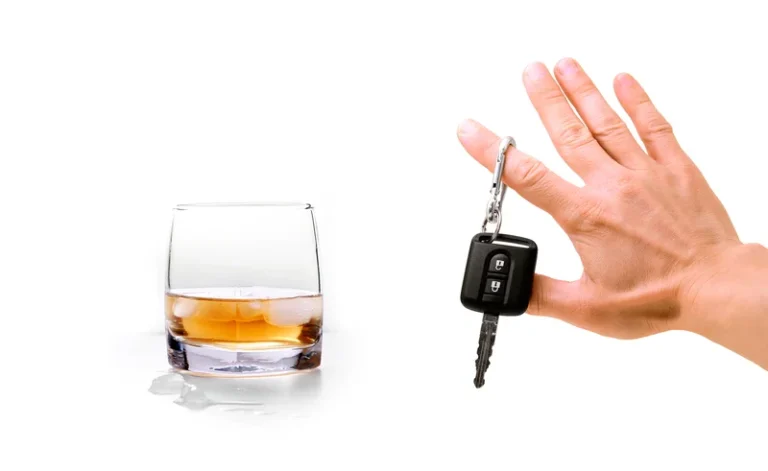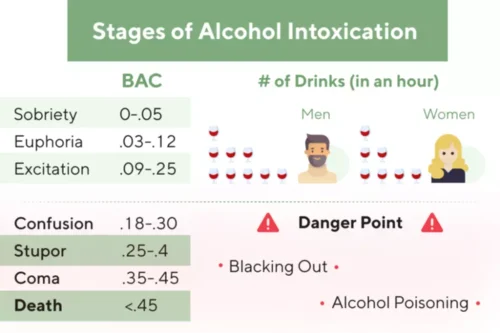Narcissism and Addiction: Understanding the Link

The association remained intact even when researchers accounted for general psychological distress as a trigger for coping responses like alcohol use. Although people with AUD may relapse or have treatment setbacks, they can recover from the disorder. Learning healthy coping strategies can help them remain sober when they face triggers. If you think you have NPD, try to make an appointment with a mental health professional. You can connect with a mental health professional using the Healthline FindCare tool. You can take steps to prevent relapse, such as recognizing your triggers and joining a support group.
- Regarding broad traits, psychopathy can be characterized mainly by interpersonal antagonism and aspects of low conscientiousness (disinhibition) (63–66).
- Narcissism and alcoholism feed off one another, and if either is left untreated, the risk of relapse and severe illness or injury increases significantly.
- The two conditions may co-occur, but it is often difficult to determine which disorder occurred first.
- The association remained intact even when researchers accounted for general psychological distress as a trigger for coping responses like alcohol use.
- Without treatment, people with NPD have trouble maintaining positive relationships and are vulnerable to abusing drugs and alcohol to cope with difficult emotions.
Join a Support Group
It’s like watching a hurricane sweep through a person’s social landscape, leaving destruction and confusion in its wake. One key aspect of treatment is addressing the narcissistic narcissism and alcoholism traits alongside the addiction. This might involve specialized therapy techniques that challenge the narcissist’s distorted self-image while building genuine self-esteem.

Seeking Help and Recovery
For instance, inpatient alcohol rehab in Pennsylvania offers a structured environment where individuals can receive intensive therapy and medical support. This type of setting is particularly beneficial for those with severe addiction and co-occurring mental health issues, ensuring they receive the necessary care to address both conditions. Narcissism is a personality disorder that shares many common traits with addiction. There are two types of narcissism, both of which may lead to tendencies in people that can, in turn, encourage addictive behaviors.
Toxic Dynamics in Relationships with Alcoholic Narcissists
To treat dual diagnosis, people will receive treatment options for both NPD and AUD. Individuals can discuss how NPD and AUD can affect https://ecosoberhouse.com/ the other with their doctor. Both conditions may influence the other, and some symptoms or behaviors of each condition can overlap.

An individual may be an alcoholic narcissist, someone who has NPD and then develops alcohol addiction and dependence. But their alcoholic personality leads them to act in ways that are similar to a narcissist. A strong treatment program will address both the problematic drinking and any other psychological issues, including narcissistic tendencies. The relationship between alcoholism and narcissism can create significant challenges for individuals and their loved ones.
- They may pretend to be nice for a short while to get other people to leave them alone.
- This might include joining Alcoholics Anonymous (AA) and other 12-step programs that offer nonjudgmental peer support to others living with AUD.
- Furthermore, alcoholism can contribute to a cycle of self-destructive behavior that reinforces narcissistic tendencies.
- The path to recovery may be long and winding, but it’s a path that many have walked before.

It’s like they’re the star of their own movie, and everyone else is just a supporting character. But this isn’t just any mirror – it’s a funhouse mirror, distorting their reflection in ways both subtle and dramatic. This is the world of the narcissist, where self-image is everything, yet nothing is quite as it seems. Now, picture that same person reaching for a substance – be it alcohol, drugs, or even the intoxicating rush of risky behavior. Narcissistic personality disorder (NPD) is one of the Cluster B personality disorders, which are characterized by unpredictable and emotional behavior. The study commented that people who show grandiose traits may have feelings of importance in an environment of drinking where this quality may thrive.
A quick note on terminology
The path to recovery may be long and winding, but it’s a path that many have walked before. With the right support, treatment, and determination, it’s possible to break free from the cycle of narcissism and addiction, and to build a life of genuine connection, authentic self-esteem, and lasting recovery. For loved ones coping with a narcissist’s addiction, it’s crucial to establish boundaries and seek support.
NPD diagnosis
According to a 2018 article, due to the common co-occurrence of personality disorders and AUD, it is important that substance misuse services screen for personality disorders and vice versa. If you think you have either or both conditions, it’s best to talk with a mental health professional for a diagnosis. While narcissists may become emotionally dependent on others, they don’t become addicted to people in the same way that they become addicted to drugs or alcohol. Narcissists may use others to boost their ego and sense of self-worth, but they ultimately view themselves as superior to others and are unlikely to develop a true addiction to another person. Those suffering from narcissistic personality disorder (NPD) often feel overconfident about their self-worth and may believe that they are entitled to special treatment.
Understanding Narcissism and Alcoholism
- They are deeply resentful of others who have what they desire yet believe people are very jealous of them.
- It’s a complex personality trait that, in its extreme form, manifests as Narcissistic Personality Disorder (NPD).
- Learning healthy coping strategies can help them remain sober when they face triggers.
- Alcohol offers temporary relief from this emotional pain but ultimately exacerbates the narcissist’s inability to connect with others genuinely.
Both are mental health conditions that can damage relationships, cause personal distress, and undermine a person’s quality of life and sense of well-being. Studies have found that individuals with narcissistic traits are more likely to engage in substance abuse and other addictive behaviors. This may be due to their need for constant stimulation and validation and their tendency to engage in risky behaviors.

The socially aversive, “dark” personality characteristics are partially related to short-term individual benefits in these contexts, such as vocational success [e.g., Ref. (4)] or mating success [e.g., Ref. (5)]. Therapists and experts on narcissism and alcohol addiction have observed that self-absorbed individuals often use drinking as a coping mechanism. The combination of high grandiosity, low self-esteem, and vulnerable narcissism can create a powerful fuel for a self-destructive cycle. Alcohol offers temporary relief from this emotional pain but ultimately exacerbates the narcissist’s inability to connect with others genuinely. The coexistence of NPD and alcohol addiction can lead to a range of mental health disorders, including depression, anxiety, and distress. The Diagnostic and Statistical Manual of Mental Disorders (DSM) classifies NPD as a mental health disorder characterized by a pervasive need for admiration, sense of entitlement, and lack of empathy.



